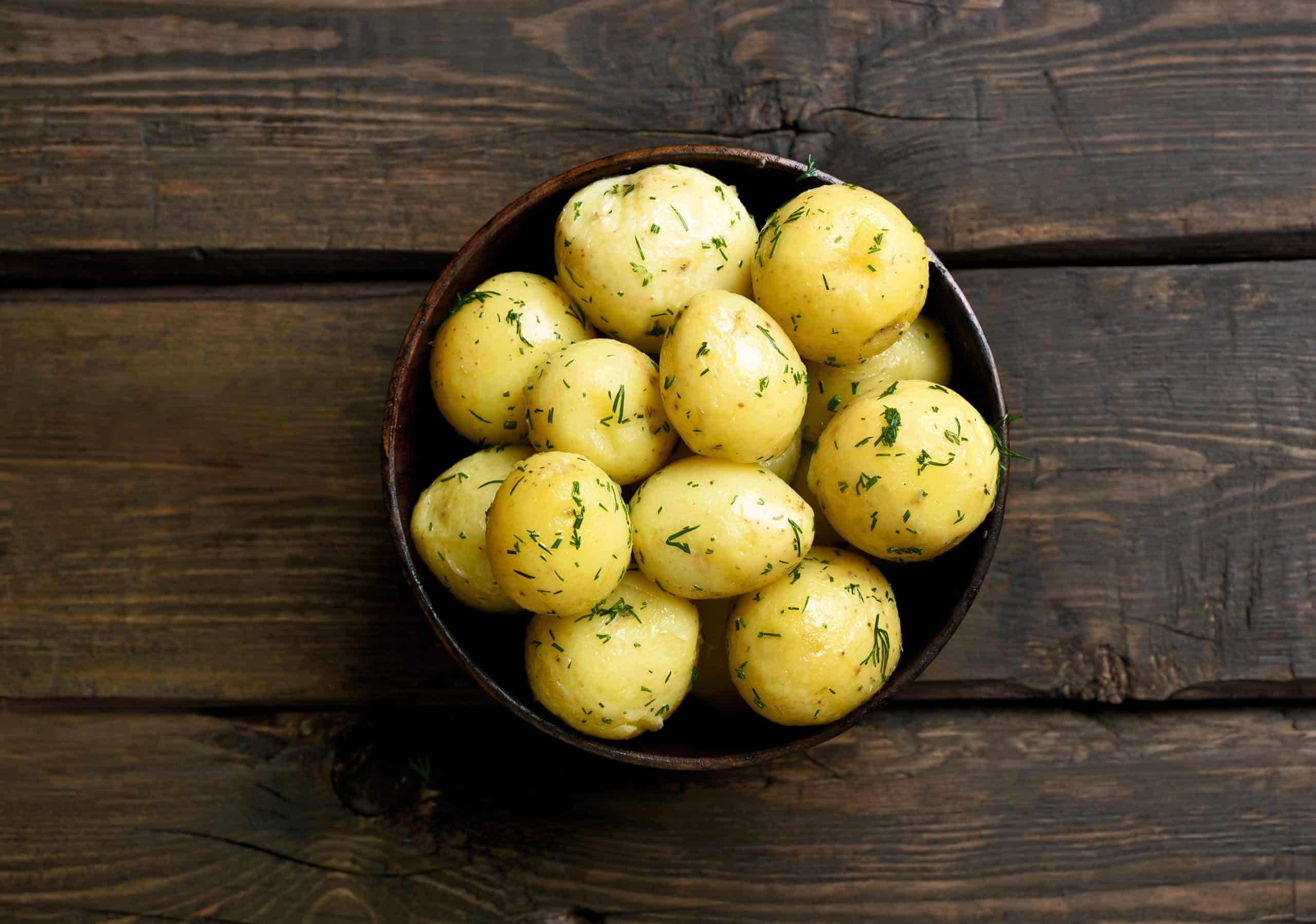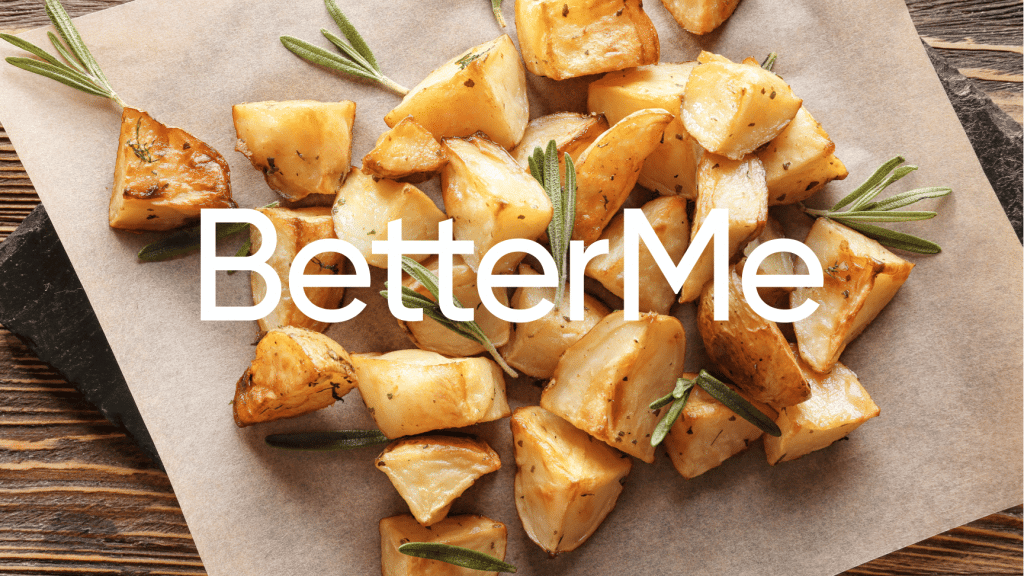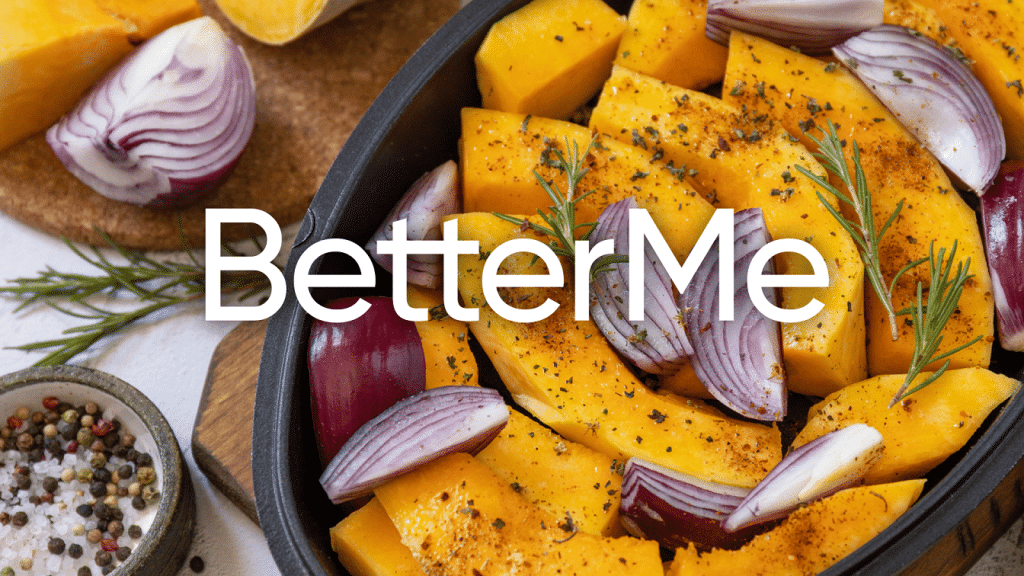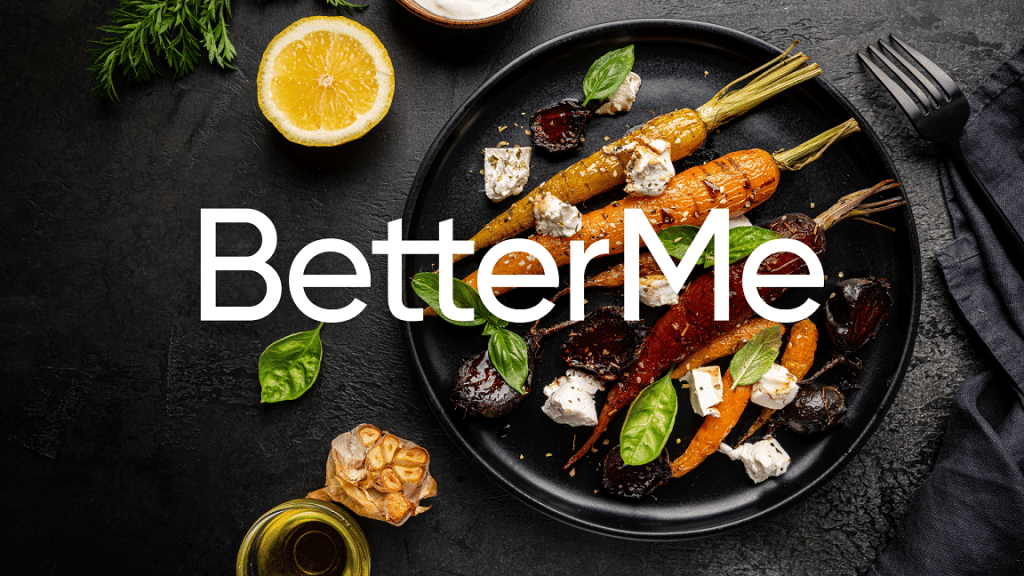In this social media savvy world where trends tend to guide audiences, the phrase “gluten-free” has become a buzzword in the world of nutrition due to dietary restrictions and food intolerances gaining significant public attention.
Wheat, barley, and rye all contain the protein that is known as gluten which gives baked goods their structure. While gluten is not an issue for many people, it has attracted negative coverage as it can trigger sensitivities in some people. For example, celiac disease is an autoimmune condition that is triggered by gluten where the immune system inappropriately targets the body’s own tissue. Side effects can be minor (fatigue, bloating, alternating constipation, and diarrhea) to severe (unintentional weight loss, nutrient deficiencies, intestinal damage). (1)
Therefore, gluten-free diets have become essential for managing the signs and symptoms of celiac disease and for people with other non-celiac gluten sensitivities. Some people without a medical condition that is linked to gluten choose to follow a gluten-free diet, although there are no health benefits associated with avoiding gluten (2) An eating plan that eliminates foods containing gluten is known as a gluten-free diet. In your local grocery shop or supermarket, you may have noticed a section of gluten-free food containing items that are inherently gluten-free, such as rice.
However, many people have recently started to wonder whether potatoes are gluten-free. As a staple food that is enjoyed in various forms all over the world, understanding the gluten content of potatoes is essential for people who are looking for gluten-free options. Potatoes are the base of some of the best comfort foods in the world, such as French fries and mashed potatoes. It’s understandable why many youngsters — and many adults — enjoy eating the lovable spud.
If you tend to let yourself off the hook, raise the white flag when things get tougher than you expected, send yourself on an unconscious binge-eating trip – BetterMe app is here to help you leave all of these sabotaging habits in the past!
Potatoes can be eaten in many different ways. You may be wondering if this common food is safe for you to eat if you have a gluten sensitivity.
Here is the lowdown: Potatoes are absolutely safe for anyone with a gluten sensitivity or intolerance and are completely gluten-free.
However, some potato products may have been processed in a way that renders them dangerous for people who follow a gluten-free diet. Read on to discover which potato items are gluten-free and which are not.
What Potato Products Are Not Gluten-free?
All potatoes, in addition to every other unprocessed, raw vegetable, are inherently gluten-free. Yes, this also includes sweet potatoes, Yukon gold, red potatoes, Russet potatoes, and every other variety of uncooked potato you may find in your local grocery store. While potatoes in their natural state are naturally gluten-free, it’s important to be aware of potential pitfalls. When potatoes are used as an ingredient in dishes that include gluten-containing elements, they can lose their gluten-free status. Classic examples include potato croquettes that are prepared with wheat flour and au gratin potatoes that are topped with breadcrumbs. In such cases, gluten sneaks in through the back door, and the key is to look out for accompanying ingredients.
Here are some forms of potatoes (or add-ons) to be wary of if you’re following a gluten-free diet:
Gravy: Wheat flour, which contains gluten, is typically used as a thickening ingredient in gravy
Cheese sauce: Wheat flour is often used to thicken cheese sauce that is sometimes found in potato casseroles or on top of baked potatoes
Instant mashed potatoes: Some quick dehydrated potatoes that are sold in packages can contain traces of gluten, so it is important to check the ingredient list
Potato chips: Most potato chips don’t contain gluten, but it’s still a good idea to read the nutrition label, as some may include gluten-containing malt vinegar
French fries: Fries that are prepared in a communal fryer run the risk of cross-contamination and may contain traces of gluten
Potato bread: The majority of potato bread contains wheat flour, which makes it unsafe for those who follow a gluten-free diet
Potato casserole: Potato casseroles are often topped with bread-crumbs or other gluten-containing grains, or are thickened with wheat flour
Read more: Is White Rice Gluten-Free? Here Is What Experts Say.
Do French Fries Contain Gluten?
We can all agree that French fries are one of the ultimate food staples that are often difficult to pass up, whether you eat gluten-free or not. They are satisfying and salty. Without them, a hamburger or greasy dinner meal would seem incomplete. But are French fries gluten-free?
Unfortunately, there isn’t a simple, definitive answer to this question. The majority of French fries are created using materials that are inherently gluten-free, including potatoes, oil, and salt. However, some eateries prepare them in a fryer that is also used to prepare gluten-containing dishes (such as chicken tenders or nuggets). As some fast-food fries may be cross-contaminated with gluten, these French fries present a concern for those who must follow a gluten-free diet.
French fries need to be prepared in a specialized deep fryer that is used solely for gluten-free dishes to guarantee they are entirely gluten-free. It’s vital to confirm with the restaurant whether their French fries are produced in a special fryer or are completely gluten-free.
If they are cooked in a special fryer and are free of any breading or coating, some sweet potato fries may be gluten-free. However, as many restaurants use a shared fryer, they are unable to ensure the gluten-free status of their sweet potato fries.
Do Mashed Potatoes Have Gluten?
If you enjoy mashed potatoes and have recently started a gluten-free diet, you may be wondering how this food will work with your eating plan. Mashed potatoes are a very typical side dish in many households and are eaten around the holidays, at family gatherings, or on an evening for supper. They are excellent with many large dinners, such as Thanksgiving or Christmas, or as a side dish for meatloaf, pot roast, or chicken. Mashed potatoes are incredibly versatile, which is why so many people love them.
Mashed potatoes are potatoes that have been boiled and then mashed up into a creamy consistency. Milk, cream, or butter is generally added to make mashed potatoes creamy and flavorful.
Mashed potatoes can be made using any type of potato, but the most common potato to use for this dish is russet potatoes.
Homemade mashed potatoes will normally not contain any gluten, as long as there is no cross-contamination with cooking utensils or other kitchen equipment.
It’s possible but not guaranteed that the mashed potatoes you purchase from the grocery store, deli counter, or restaurant are gluten-free.
But while the ingredients themselves may not contain gluten, you must still be cautious about the possibility of cross-contamination with gluten-containing ingredients.
Russets are the most popular choice for mashed potatoes, but you can also use sweet potatoes, yellow potatoes, red potatoes, or any other variety you can get your hands on to make gluten-free mashed potatoes at home.
Betterme will keep you laser-focused on your weight loss journey! Nutrient-packed meal plans, fat-blasting workouts, galvanizing challenges and much more. Try using the app and see for yourself!
Are Potato Chips Gluten-free?
Salty snacks such as potato chips are the ideal match for a sandwich or summer BBQ spread. Despite the fact that the traditional plain potato chip remains the most well-liked, flavors such as barbecue or sour cream and onion are close competitors.
In the vast majority of cases, potato chips are gluten-free. After all, potatoes are naturally free of gluten, and the majority of potato chips only contain ingredients such as potatoes, vegetable oil, and salt.
However, it’s essential to check the label to ensure the bag of potato chips you’re purchasing is gluten-free, as with most packaged snacks because some brands of potato chips can include gluten-containing substances such as malt vinegar or wheat starch.
Here are some options for gluten-free chips for those who observe a gluten-free diet apart from potato chips:
Tortilla Chips
Corn is used in the production of corn tortilla chips, which are naturally gluten-free. These chips come in a variety of colors, including blue, yellow, and white, depending on the type of maize that is used to make them. The most popular components are corn masa flour, whole grain maize, ground corn, salt, and oil, while additional ingredients can also be used.
Vegetable Chips
You may now find a variety of vegetable chips at your local grocery. These come from cassava, yams, beets, parsnips, carrots, and taro, while some come from fruits and vegetables, peas, or beans. It should be noted that vegetarian chips often have more fiber per serving than normal chips.
Rice Chips
People who cannot eat gluten often choose rice chips. Many companies provide this low-calorie and healthy food, which comes in a variety of flavors from white rice chips to whole grain rice or brown rice.
Read more: Simple And Practical Tips On How To Go Dairy And Gluten-Free.
Frequently Asked Questions:
Is all potato starch gluten-free?
Yes, potato starch is gluten-free and can be used in various recipes in place of plain flour to achieve the same results. Potato starch is starch that has been isolated from potatoes. Crushing raw potatoes separates the starch grains from the cell-damaged material, which is how potato starch is produced. After cleaning, the starch is allowed to dry. After it is dried, the starch transforms into a light, powdery substance that is similar to flour, and it is a regularly used ingredient in many recipes. Potato starch can be used as:
- A thickening agent in soups, gravies, stews, and casseroles
- A replacement for flour when making breads or muffins
- A coating for fried foods such as chicken or vegetables
Are sweet potatoes gluten-free?
When they are served without other gluten-containing ingredients, sweet potatoes are gluten-free. There is no need to be concerned about gluten when eating baked, steamed, shredded, boiled, or mashed sweet potatoes. The only time you need to be cautious about gluten in sweet potatoes is if you purchase a prepared food item that contains other additives.
Sweet potatoes may not be gluten-free if they have been seasoned with store-bought spices or seasoning packets as gluten is sometimes found in these prepackaged packets and seasoning blends. They also may not be gluten-free if added to a soup or sauce. When flour is used to thicken soups and sauces, gluten may accidentally enter the naturally gluten-free food, which makes it dangerous for those with a gluten sensitivity.
You should do your homework by carefully reading ingredient lists before purchasing packaged foods, and look out for a gluten-free certification label.
Are baked potatoes gluten-free?
Yes, baked potatoes naturally contain no gluten. Potatoes do not contain gluten when they are baked in their natural state. However, toppings or other additives that may be served with the baked potato should be handled with caution. The entire food may contain gluten if toppings such as gravy, sauces, or seasonings have gluten-containing components in them. While the baked potato itself is gluten-free, it’s always a good idea to check any toppings or sides before you eat to ensure a completely gluten-free meal.
The Bottom Line:
If you are living a gluten-free life, you don’t need to give up all the comfort food you love so much. From crispy fries to creamy mashed delights, the potato reigns supreme as a gluten-free favorite. Armed with the knowledge of safe preparation and mindful choices, you can embark on a delicious journey through a world of gluten-free potato recipes and be totally confident in your culinary decisions.
With 150M+ downloads and 5.5M monthly active users worldwide, BetterMe’s health and wellness solution is a driver of long-lasting health outcomes and behavioral change. With a team of certified professionals and personalized and custom meal plans with easy recipes, your health and wellness goals are supported for a better tomorrow with BetterMe. Learn more about our dietary and nutrition plans here.
Get your personalized
meal plan!
DISCLAIMER:
This article is intended for general informational purposes only and does not serve to address individual circumstances. It is not a substitute for professional advice or help and should not be relied on for making any kind of decision-making. Any action taken as a direct or indirect result of the information in this article is entirely at your own risk and is your sole responsibility.
BetterMe, its content staff, and its medical advisors accept no responsibility for inaccuracies, errors, misstatements, inconsistencies, or omissions and specifically disclaim any liability, loss or risk, personal, professional or otherwise, which may be incurred as a consequence, directly or indirectly, of the use and/or application of any content.
You should always seek the advice of your physician or other qualified health provider with any questions you may have regarding a medical condition or your specific situation. Never disregard professional medical advice or delay seeking it because of BetterMe content. If you suspect or think you may have a medical emergency, call your doctor.










